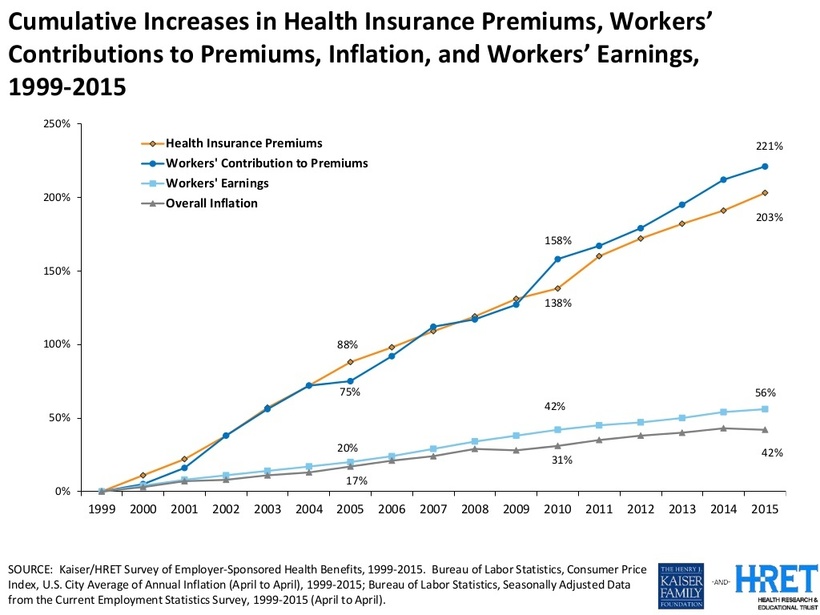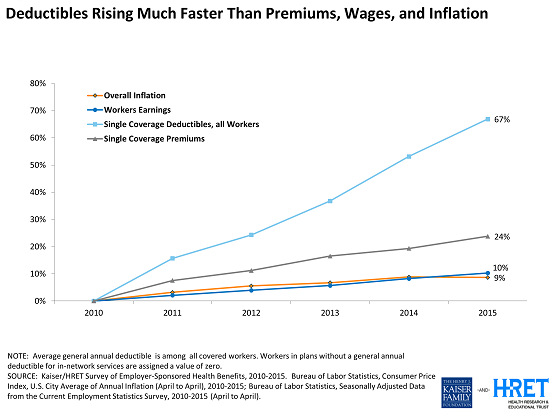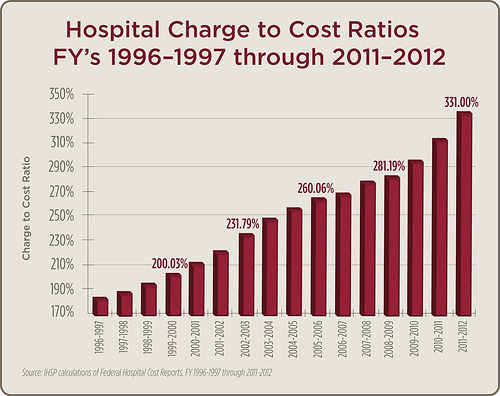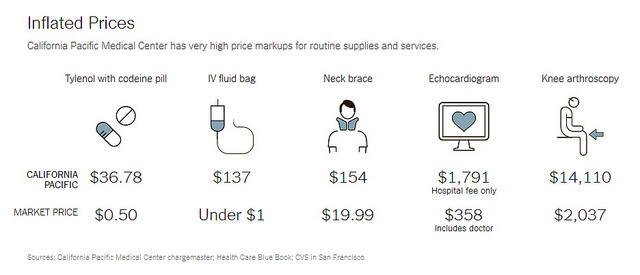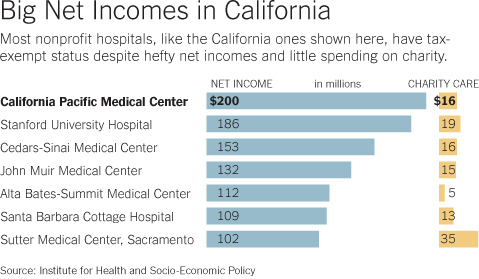By Adam Gaffney, M.D.
The Guardian, May 25, 2017
The US healthcare system – and with it the health and welfare of millions – is poised on the edge of a knife. Though the fetid dysfunction and entanglements of the Trump presidency dominate the airwaves, this is an issue that will have life and death consequences for countless Americans.
The Congressional Budget Office’s (CBO) dismal “scoring” of the revised American Health Care Act (AHCA) on Wednesday made clear just how dire America’s healthcare prospects are under Trump’s administration. But while the healthcare debate is often framed as a choice between Obamacare and the new Republican plan, there are actually three healthcare visions in competition today. These can be labelled healthcare past, healthcare present, and healthcare future.
Let us begin with healthcare past, for the dark past is precisely where Republicans are striving to take us with the AHCA. The bill – narrowly passed by the House on 4 May – is less a piece of healthcare “reform” than a dump truck sent barreling at high speed into the foundation of the healthcare safety net.
Wednesday’s CBO score reflects the modifications made to the AHCA to pacify the hard-right Freedom Caucus, changes that allowed states to obtain waivers that would relieve health insurers of the requirement that they cover the full spectrum of “essential healthcare benefits”, or permit them to charge higher premiums to those guilty of the misdemeanor of sickness, all purportedly for the goal of lowering premiums.
In fairness, the CBO report did find that these waivers would bring down premiums for non-group plans. This, however, was not the result of some mysterious market magic, but simply because, as the CBO noted, covered benefits would be skimpier, while sicker and older people would be pushed out of the market.
In some states that obtained waivers, “over time, less healthy individuals … would be unable to purchase comprehensive coverage with premiums close to those under current law and might not be able to purchase coverage at all”. Moreover, out-of-pocket costs would rise for many, for instance whenever people needed to use services that were no longer covered – say mental health or maternity care.
Much else, however, stayed the same from the previous reports. Like the last AHCA, this one would cut more than $800bn in Medicaid spending over a decade, dollars it would pass into the bank accounts of the rich in the form of tax cuts, booting about 14 million individuals out of the program in the process. And overall, the new AHCA would eventually strip insurance from 23 million people, as compared to the previous estimate of 24 million.
It’s worth noting here that Trump’s budget – released Tuesday – proposed additional Medicaid cuts in addition of those of the AHCA, which amounted to a gargantuan $1.3tn over a decade, according to the Center on Budget and Policy Priorities.
The tax plan and budget – best characterized as a battle plan for no-holds-barred top-down class warfare drawn up by apparently innumerate xenophobes – would in effect transform the healthcare and food aid of the poor into bricks for a US-Mexico border wall, guns for an already swollen military, and – more than anything – a big fat payout to Trump’s bloated billionaire and millionaire cronies.
What becomes of this violent agenda now depends on Congress – and on the grassroots pressure that can be brought to bear upon its members.
But assuming the AHCA dies a much-deserved death – quite possible given the headwinds it faces in the Senate – we will still have to contend with healthcare present.
Last week, the Centers for Disease Control released 2016 results from the National Health Interview Survey, giving us a fresh glimpse of where things stand today. And on the one hand, the news seemed good: the number of uninsured people fell from 48.6 to 28.6 million between 2010 and 2016.
On the other hand, it revealed utter stagnation: an identical number were uninsured in 2016 as compared with 2015, with about a quarter of those with low incomes uninsured last year (among non-elderly adults). It also suggested that the value of insurance is declining, with “high-deductible health plans” rapidly becoming the rule and not the exception: for the privately insured under age 65, 39.4% had a high-deductible in 2016, up from 25.3% in 2010.
Healthcare present, therefore, is an unstable status quo: an improvement from healthcare past, no doubt, but millions remain uninsured and out-of-pocket health costs continue to squeeze the insured.
Which takes us to the third vision, that of healthcare future. As it happens, another recent development provided a brief glimmer of hope for that vision. As the Hill reported, the Democratic congressman John Conyers held a press conference yesterday (Physicians for a National Health Program, in which I am active, participated) to announce that his universal healthcare bill – the “Expanded & Improved Medicare For All Act” – had achieved 111 co-sponsors, amounting to a majority of the House Democratic Caucus and the most in the bill’s history.
This bill – like other single-payer proposals – is the precise antithesis of Paul Ryan’s AHCA. Rather than extract coverage from millions to provide tax breaks for the rich, it would use progressive taxation to provide first-dollar health coverage to all.
Which of these three visions will win out is uncertain, but the outcome of the contest will have a lasting impact on the country. We can only hope that the thuggish, rapacious vision championed by Trump and his administration does not prevail.
https://www.theguardian.com…
